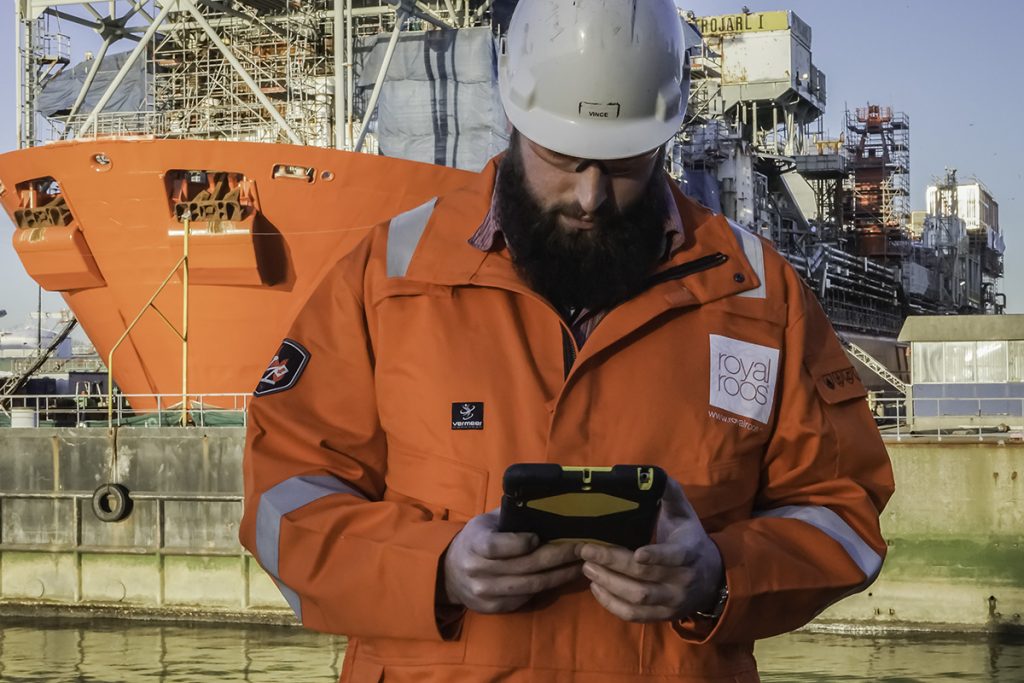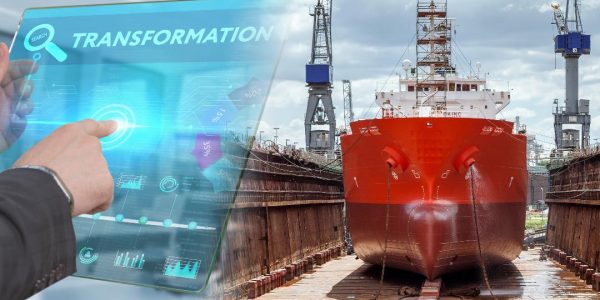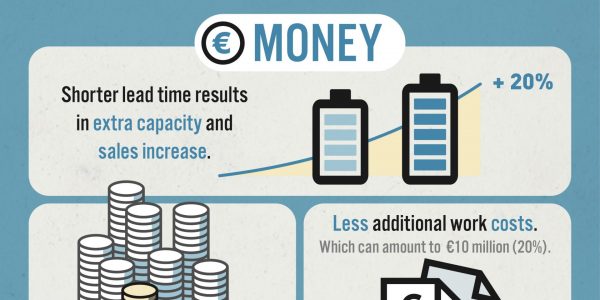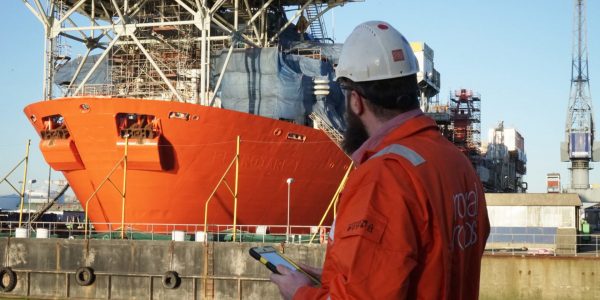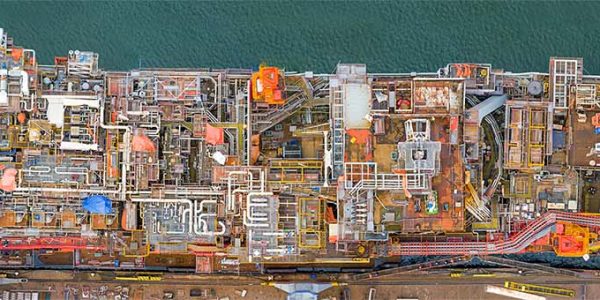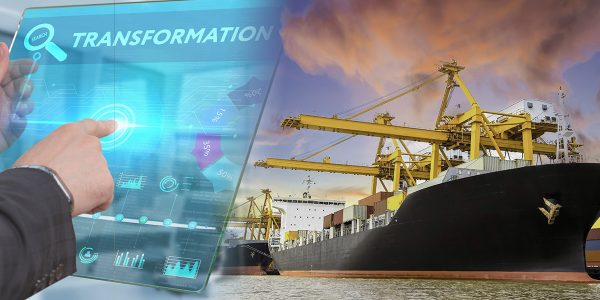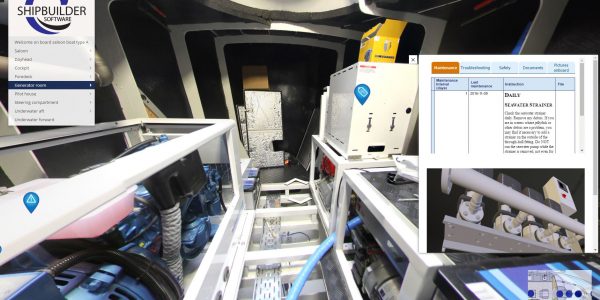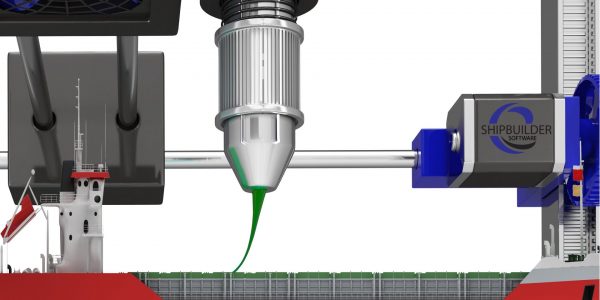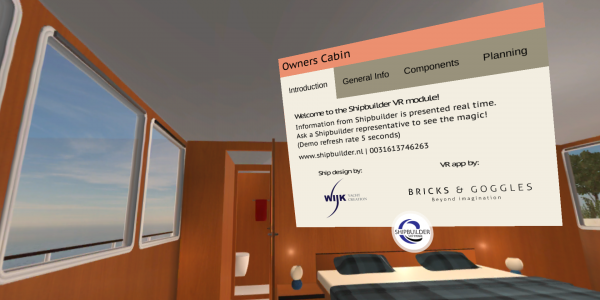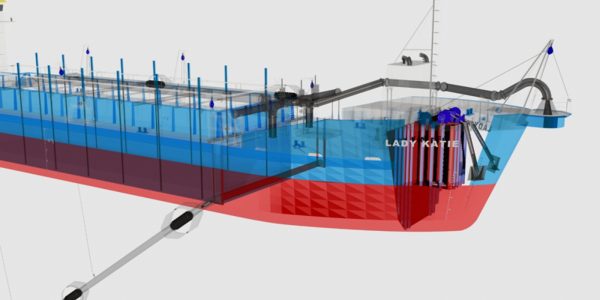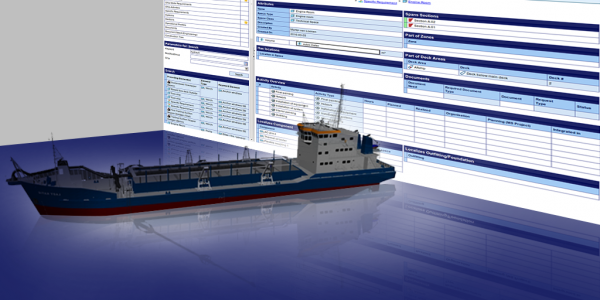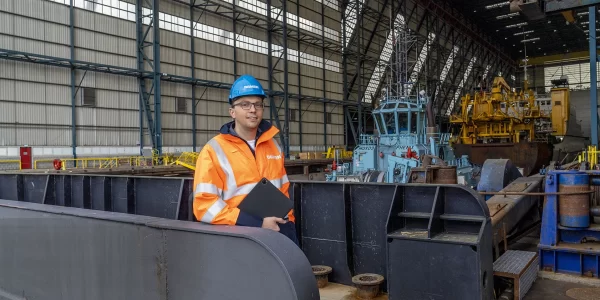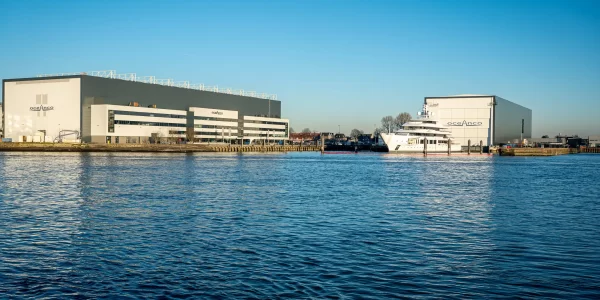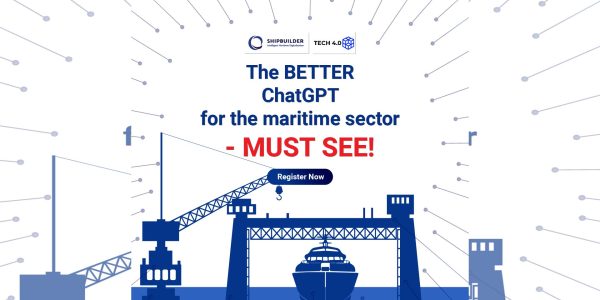Maritime data quality is boring? Think again! Improve your maritime data quality and gain enormous financial benefits. And maybe even more important, increase your team’s work satisfaction. Geert Schouten, Director at Shipbuilder: “Nevertheless, we see that many maritime companies do not work on data quality and that costs a lot of money and time. Some millions of euros (and a lot of man-hours!) slip away while problems, caused by poor quality of your project data, are being solved.” Einte Kamstra, New Business & Sales Manager at Shipbuilder, also finds that it must and can be raised to a higher level in the maritime sector: “I frequently come across companies that start a maritime project while they are not sure about their information – a huge risk you take, starting a project like that!”
Uhm, data quality?
Your data are of good quality if they are complete, accurate, up-to-date, comprehensible and clear. We recently published a video about data quality. So much for the theory. Schouten: “If you look at this list, you will easily say that your data are in order. Therefore, I always ask: “Do you know what is missing in your data?”. And then you see people browsing through all their Word, PDF and Excel files and they realise that good data quality is an issue.”
Man & Data: a risky combination
As for an example, let’s have a look at the specification of a ship. Kamstra: “Such a specification is a very bulky document, to which many people contribute, within one or more organizations. They often also copy-paste from older projects, but then forget to adjust the data. Another issue is that drafting specifications is not something everybody likes; most engineers want to get started right away and make progress. Understandable. Add to that factors, such as time constraints, the use of different terminology by team members of the project, the resumption of writing after breaks or holidays in – accidentally – outdated versions of the document, and you can imagine that inaccurate data put the project at stake.” The ship specification of some 1000 pages or more is usually still checked and verified, but the result of that will never be a 100% correct version. Because of the lack of good software, people are not the most appropriate for this kind of work. In the meantime, the project continues and people think “I suppose it is alright” … While the data quality is already creaking and squeaking.
Why join at the back of the line? Focus on high data quality in automotive and aviation sector
Data quality has been a priority in the automotive and aviation sectors for years. Sure, the data of a car are not so extensive as those of a ship, but if you consider aviation, these are certainly just as extensive. Schouten: “And remember, aviation cannot afford to make mistakes as a result of a lack of data quality either. A ship floats, but an aircraft is more complex and concerns, such as the safety of many passengers, are also a major factor. The effects of improving the data quality of a project have clearly been proven in these sectors. Turn yourself into a maritime innovator now. Discover the difference by yourself; the investment will pay off largely!”
Do it! Give your professionals the right tools
You have a great maritime project team that you can rely on, so give them access to the right software so that they can be a winning team that can get to work, self-assured and with the right information at every stage of your maritime project. The advanced data management program by Shipbuilder, with which many maritime companies now work to their full satisfaction, offers your team the opportunity to keep control and score 100% from A to Z. Improve your maritime data quality now.
Futureproof; Artificial Intelligence makes stepping into digital transformation even easier
Schouten: “Maritime companies are sometimes reluctant to step into a smart data management program. After all, all data have yet to be entered into the software. The use of Artificial Intelligence (AI) is the solution here. AI enables you to convert all specifications that are hidden in different types of documents, into a structured database. Whereas with a team of ten people you normally validate 1000 pages for quality within a period of two months, with the use of AI you can do that with five people in two weeks! In 2020 the Shipbuilder team will fully focus on R&D (Research & Development) for the potential applications of AI. It is our mission to make the transition to digital transformation as easy as possible for the maritime sector because increasing the maritime data quality pays off.”
